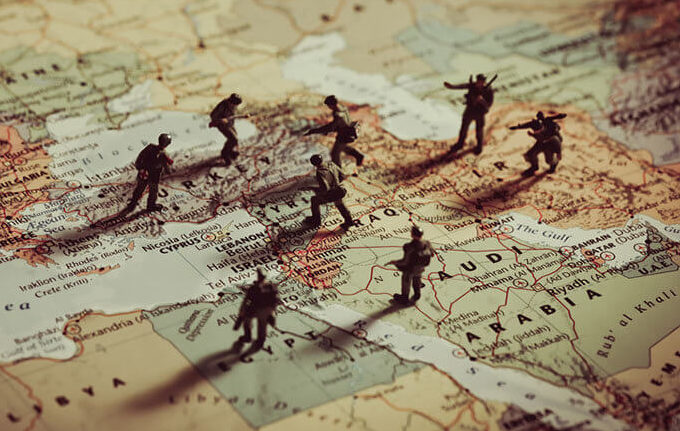Key Points
- Among the Arab states, there continues to be a growing sense of uncertainty and weakness that is bringing increasing societal fragmentation and sectarianism.
- The primary strategic objective of the Iranian regime is to achieve regional hegemony and the use of proxies will continue to be a key component of that.
- The continued US presence prevents the Iranians from using the land corridor through Iraq and Syria to supply their proxies there and in Lebanon.
- In Iran, given the inability of anti-government protests to acquire greater momentum and the absence of any alternative to the existing regime, the Iran of the near future will be a continuation of what it is now.
- By increasing Beijing’s stake in the region, greater Chinese business activity in the Middle East may have the effect of pushing the Iranian leadership towards taking a more accommodating approach to its dealings with other regional states.
Introduction
Mr Ehud Ya’ari is an Israel-based commentator and author on Middle Eastern affairs, whose work is published internationally and has received numerous awards. On a visit to Perth in November, he spoke with FDI about the situation confronting some of the key actors in the Middle East – Iran, Israel, Saudi Arabia, Turkey, Russia and the United States – and the implications for them of an evolving and volatile security situation.
Read the article by Leighton G. Luke, Research Manager, Indo-Pacific Research Programme in Future Directions International.

